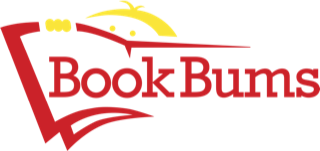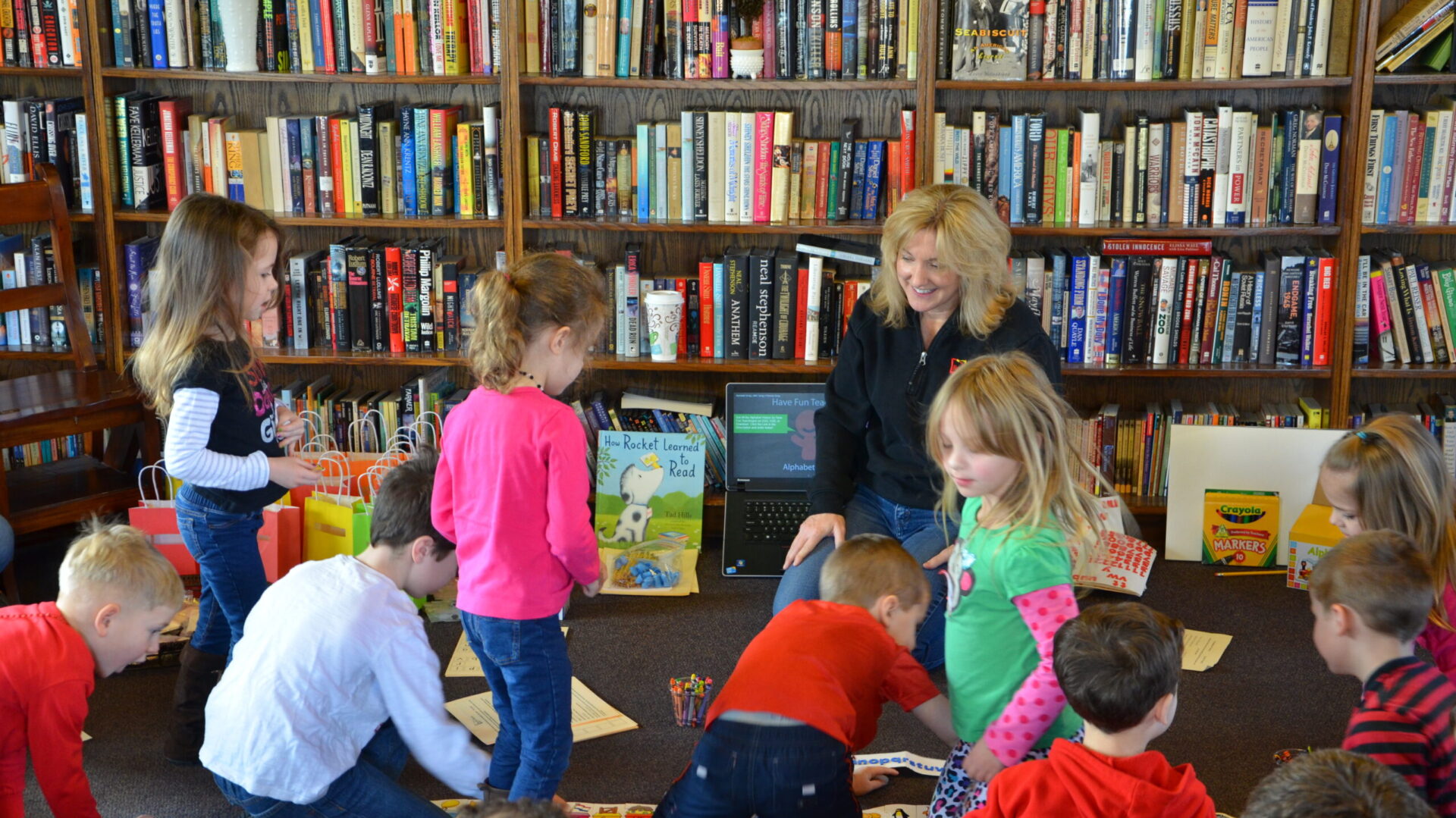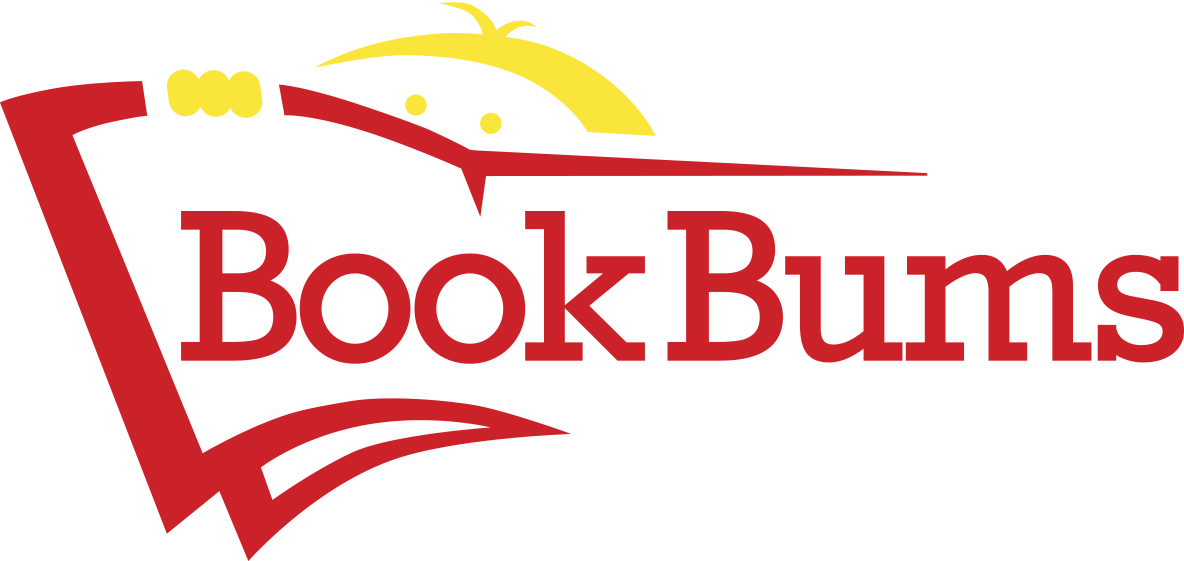
Hello Book Bums families!
This week in the newsletter we're thinking about the big picture of what we do, from the educational principles that guide us, to the joy of reading with a child, to preparing your students for test day. We also share a poem to inspire you this week. Read on and enjoy!
Bookbums.com is an Amazon Associate; We earn from qualifying purchases. This means that if you click on a link to Amazon.com and make a purchase, We may earn a small commission at no extra cost to you. We do recommend the products. Feel free to find them by other means.
Word of the Week
proponent (pro-po-nent) noun/person, place, or thing - one who argues in favor of something, an advocate
Because Amy is a proponent of healthy eating, she doesn't buy candy and mostly cooks with vegetables.
Literary Calendar
- April 21 is Thank You for Libraries Day.
- The first library dates back to the 7th century BCE.
- Currently there are over 100,000 libraries across the United States giving people access to books, media, technology, help desks, community and more!
- Consider saying thank you or writing a note of appreciation the next time you stop by the library.
Pause for Poetry
The Facts of Life
by Padraig O Tuama
That you were born
and you will die.
That you will sometimes love enough
and sometimes not.
That you will lie
if only to yourself.
That you will get tired.
That you will learn most from the situations
you did not choose.
That there will be some things that move you
more than you can say.
That you will live
that you must be loved.
That you will avoid questions most urgently in need of
your attention.
That you began as the fusion of a sperm and an egg
of two people who once were strangers
and may well still be.
That life isn’t fair.
That life is sometimes good
and sometimes better than good.
That life is often not so good.
That life is real
and if you can survive it, well,
survive it well
with love
and art
and meaning given
where meaning’s scarce.
That you will learn to live with regret.
That you will learn to live with respect.
That the structures that constrict you
may not be permanently constraining.
That you will probably be okay.
That you must accept change
before you die
but you will die anyway.
So you might as well live
and you might as well love.
You might as well love.
You might as well love.
From our Bookshelves
Though we may call the restlessness that comes from being stuck indoors for too long “cabin fever,” this book, Cabin, by Patrick Hutchison may inspire a whole new kind of cabin fever—the kind that is just what you need to get outdoors and begin an adventure of learning and self-discovery.
Though I am merely the cheerleader to my husband who thoroughly enjoys all things building and restoring, I quite enjoyed this read. There were some literary moments for me, sweet surprises from this nonfiction book written by a man for men who don’t mind spiders, outhouses, and BB guns at breakfast time.
I read that some words and phrases have been likened to the brilliance of jewels held to the light. I discovered quite a few brilliant jewels in Cabin.
Hutchison, after purchasing a 120 sq. foot shabby cabin, visited a big box builders’ store.
“I ended up with a new level, a good pair of leather gloves, a fancy new extra-long measuring tape that snapped back into its case with spectacular vigor, and . . .”
Man, I love that line. It’s so right. Read it aloud, and you simply must smile as you say, “snapped back into its case with spectacular vigor.”
When Hutchison described the dump truck loaded with $200 worth of gravel being delivered for his driveway, he said . . .
“A shrill beep rang out to indicate the truck intended to start coming backward, and with a violent shake, the promise was made good.”
If you’ve ever observed the dumping of gravel, you smile knowingly, for he’d so perfectly described that moment (which, admittedly, is much funnier while you’re reading his story.)
My husband purchased Cabin—a chance discovery among the myriad book stacks beckoning from within our local Barnes and Noble store. He loved it and sent a copy to our son who lives in New York and often dreams of building a place in the woods. Both shared that they’d laughed out loud and enjoyed it very much, so I read it.
Will you be next? Here’s a link.
“A blast! So funny. Best vicarious experience I've had in a while.”
Tips for Families
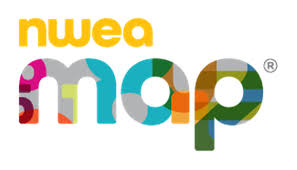
I am a proponent for using nationally normed assessments in our classrooms. As a parent and educator, I want to know how my kids are faring when compared to like-aged peers across the nation. I don’t fully trust a teacher who says, “S/He’s fine.” I prefer data. But you should know that there are things you can do to help your child perform well on those assessments. Following you will find ten ways you can help your kids earn their best scores yet!
- Read, Read, Read! Initially, you’ll be reading to your kids; but after they’ve been equipped with the code and they’re skilled readers themselves, they’ll need to read independently too. Remember, you won’t stop reading to them. You keep reading to them books beyond their skill levels, and make a point of reading a variety of books. My rule of thumb is to read one book of any series. Kids should read the next book in the series on their own.
- Help your kids to read like writers. Notice together the choices authors make in their writing. (e.g., “Why did the author use the word slumped to describe Mike and the word bouncing to describe Nora’s ponytail. How do these words contribute to the mood of the characters?”)
- Read a variety of books, magazines, etc. Read short stories, poems, dialogues, magazine articles, ads, menus and menu boards, road signs, manuals, charts and tables, maps at parks, tables of contents, indexes, glossaries, dictionaries, and more. Purposefully notice the print around you and help equip your kids to navigate it with confidence.
- Build your child’s reading stamina. Kids must be able to read for long stretches of time. The MAP test can talk longer than 1.5 hours. Teach your kids to give themselves breaks during long stretches by closing their eyes for a moment and squeezing their muscles, stretching their arms, standing up and bending a bit, taking a restroom break, or getting a drink of water—and then get back to the task at hand. They must learn to persist. Perseverance is the name of the game with the MAP test.
- Teach your children that visuals are a part of the text. Students are required to demonstrate understanding of information conveyed in photos, captions, drawings, charts, and graphs to perform well on the MAP reading assessment.
- Equip your children to use text-based support in written responses. Many questions require kids to support their answers using the text. They must explain how they arrived at their answers. “The passage said the road was narrow, so . . .”
- Teach your children to identify all parts of a question. Many teachers do this in class, but it can’t hurt to encourage your kids to respond to questions with multiple parts—even if it’s only orally. Try this to practice equipping kids to navigate multistep tasks and follow multistep directions. Ask your kids to do four tasks and then return to you when the tasks have been completed. Ask them to review the four tasks using four fingers to remind them of each one. (e.g., “Go upstairs (1), get your toothbrush and toothpaste (2), bring them downstairs and put them in this plastic baggie (3), and then put the baggie in my purse (4).)
- Teach your children to use the questions in their responses. If the question asks, “Why did the main character play with the ball?” your child should be equipped to respond, “The main character played with the ball because . . .”
- Encourage your child to progress through the test slowly. Say: Slow and accurate reading beats fast and inaccurate reading every time. Encourage your kids to point a finger under the words and to whisper aloud, just barely, as they make the sounds they know for each word in the texts they’re reading. This promotes comprehension and prevents “bulldozer reading” where kids plow through the words without paying close attention to what they’re reading. Students must resist guessing answers and pushing “next” just because they’re tired of the test. They should consider all of the responses and choose the one that’s the best answer.
- Do what you can at home to make test day a no-stress event. Know when the test is being administered, and make sure your child gets plenty of rest. Provide a good, protein-rich breakfast each day. Reduce stress as much as you’re able. Keep things light and encouraging. Avoid making appointments on testing days. Encourage your kids to dress in layers, so they can control their own comfort. Some rooms are hot while others are cold. They’ll be prepared either way.
Much of this information came from a resource provided by Confluence Academies, MO.
Tips for Raising Readers and Writers
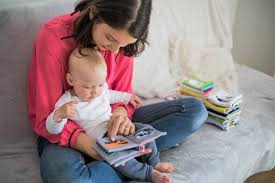
How to Know You’re Doing It Right
The other day I was talking with one of my daughters-in-law, and she was excitedly sharing about how her son, holding a beloved book in his hands, had backed up into her lap.
If you’re a parent, it’s likely this image takes you right back smack dab into your life with toddlers. Oh! The delight!
When this happens, you know you’re doing it right. Your kids want to read, and they want to read with YOU! They’re showing anyone with eyes to see that they’ve done this many, many times before. They nestle in your lap, reach to turn the pages or lift the flaps with flourish as you try to read the text, your eyes skillfully dodging those chubby little hands that are expertly covering the very words you’re trying to read (and should have probably memorized by now).
When your child backs into your lap or that of another loved one with a book in hand, listen closely and I’m certain you’ll hear the heavenly saints slow clapping—all for you. Well done! You’re bound to have a lover of books on your hands.
Practical Grammar
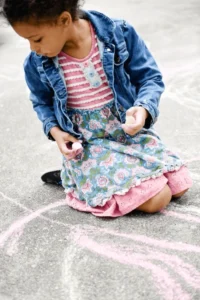
My husband was reading to me (as he often does while I’m making dinner) from Big Russ and Me, Father and Son, by Tim Russert—which I’ll share about in an upcoming newsletter, for I want to read this one myself. He read a phrase saying someone kneeled. Mike asked, “Is that right? I’d have said knelt.”
Upon investigation, we learned that both knelt and kneeled are correct past tense forms of the verb kneel. Knelt is more common in British English, while kneeled is more common in American English. (Well, Mike does have some English heritage, so that explains his confusion. Ha!)
Bonus Tip: One way to remember when words beginning with the sound /n/ are spelled with a k-n is that words with k-n often have to do with something sharp and/or pointy.
Consider the following and consider whether that tip works:
knapsack, knead, knee, kneecap, kneel, knickknack, knife, knight, knit, knob, knock, knoll, knot, know, knuckle, knotty, *knurled, knowledge
*a surface that has been intentionally roughened by creating a series of small, raised ridges or bumps, usually for the purpose of increasing grip or creating a decorative texture
News from Book Bums
IIt’s almost time for transitioning into our summer hours for tutoring at Book Bums. Many students maintain their present schedules, while others transition into daytime hours. We plan to add daytime hours two days each week this summer. Of course, you’ll need to work with your tutor to find what works best for everyone involved. We know many of our students grow to love their tutors; but we can assign another tutor who can better accommodate your schedule, if you find that’s necessary.
Look for our summer schedule in the next couple of weeks!
Though we’ve recently experienced some technological issues with our On Your Way with Dr. Christina Williams podcast (Have you missed us?), we’ve got more episodes coming soon! Look for episodes about the Dynamic Dictionary tool Dr. Christy recommends for classroom teachers and parents who want to support strong spelling skills with their kids over the summer months. Also look for an episode about reading aloud to your kids. You’ll learn what to do and what not to do to better prepare your kids for academic success. After that, you’ll enjoy an episode about morphology. We’ll help you to support your kids’ knowledge about Latin and Greek roots, which will complement their phonics knowledge.
Tips for Teachers

I listened to a podcast recently featuring two of my heroes (Dr. Louisa Moats and Dr. Reid Lyon) and they mentioned Ten Maxims, or Ten rules of conduct, for literacy instruction. They are as follows:
- Nearly all children must be taught to read. Though we learn to speak naturally, reading is not a natural process.
- Reading skills begin at birth. Social interactions, experiences, exposure to oral language, and exposure to print promote stronger reading skills.
- All good readers are good decoders. Good decoding leans upon an awareness of phonemes/the sounds we hear in words.
- Fluent readers accurately and instantly recognize most words in text. (This happens through a process known as orthographic mapping which requires 1) observing the letters, 2) producing the associated sounds, and 3) recognizing the decoded word meanings.) Fluent reading requires AND supports comprehension.
- Comprehension draws upon students’ background knowledge and word knowledge/vocabulary.
- We must use data to drive instruction. One size does not fit all.
- Instruction should be explicit and systematic.
- English learners often need extra support in bolstering oral language.
- We must honor languages and dialects spoken in our students’ homes while we equip them to engage in standard American English text.
- We acknowledge that to become good readers and writers, students need to integrate many skills that are built over time.
At Book Bums, we embrace each of these maxims. They’ve made us who we are.
Though we have little impact on kids’ experiences prior to their arrival to our little tutoring centers, we must certainly make the most of every moment they are with us and deliberately and systematically build upon what they already know—about the word-filled world around them and how words work.
Just for Fun

If you know someone who would benefit from our newsletter or tutoring at Book Bums, please share this email with them! Thank you.
Copyright © 2024 Book Bums, All rights reserved
Our mailing address is:
7967 Cincinnati-Dayton Road Suite L
West Chester, OH 45069
